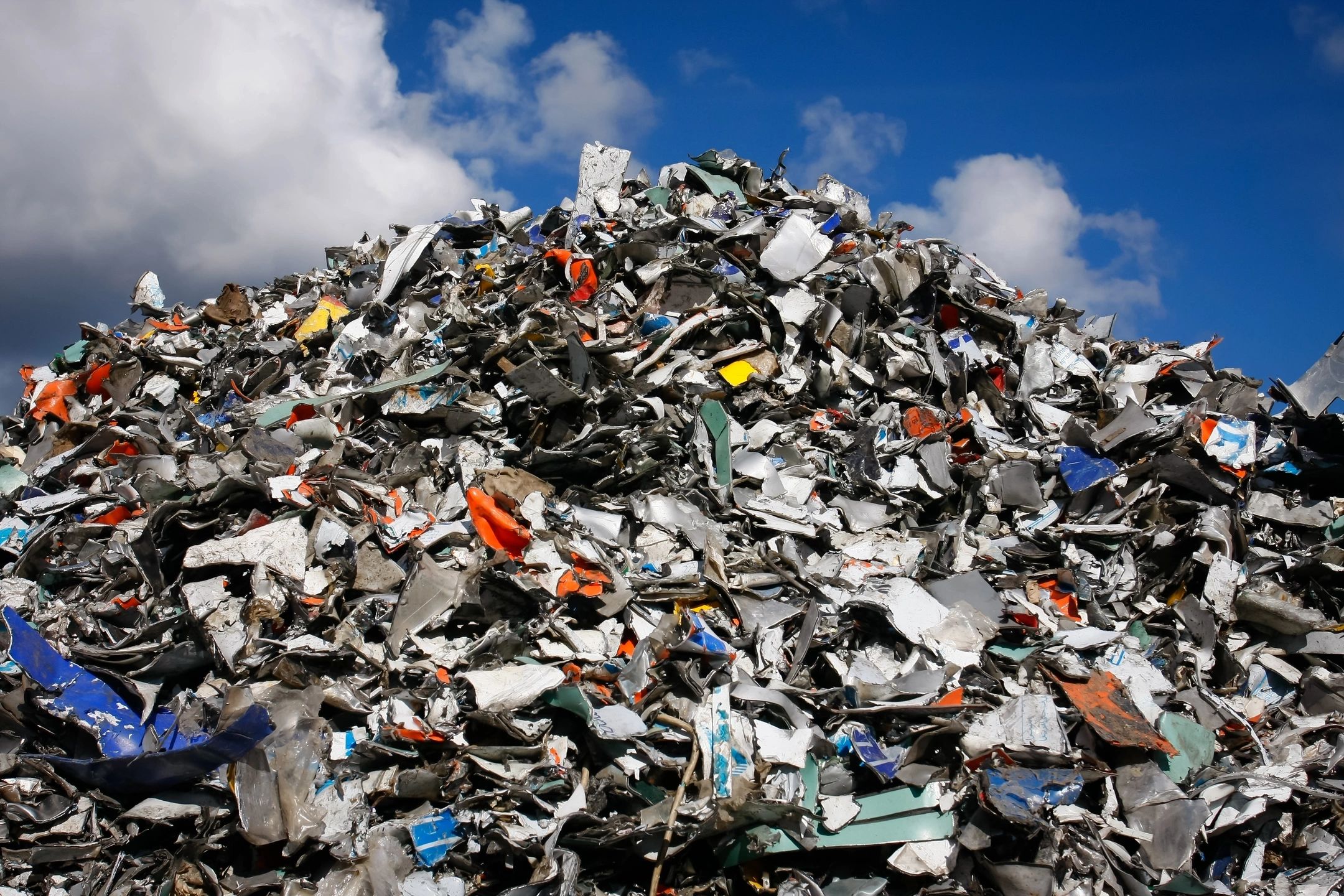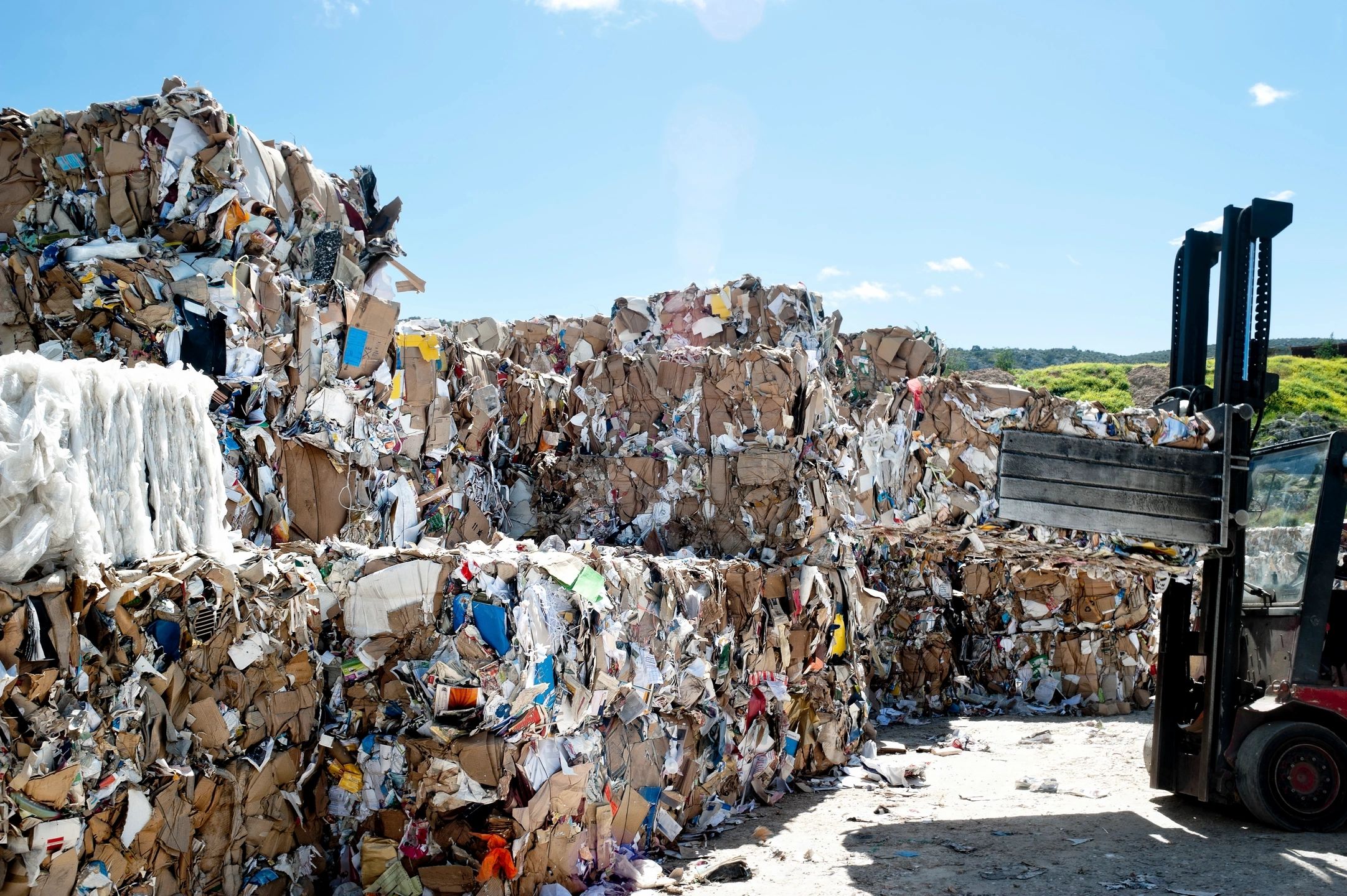The Problem
By 2050, based on current projections, production and incineration of plastics will account for 10 – 13 per cent of the annual carbon budget (1.5C budget).
In 2022, just over half of the global municipal solid waste was managed in controlled facilities. This is largely a result of constrained city budgets, as waste management can often consume 50% of a city’s total annual spend. While plastic waste represents a significant economic and environmental cost borne by cities and society as a whole, plastic waste is also a largely untapped opportunity.
Inadequate waste collection and recycling infrastructure in many regions make it challenging to efficiently collect and process plastic waste. Lack of awareness and education about recycling practices among the public also leads to improper disposal, mixing of different plastics, and contamination, rendering much of the plastic unsuitable for recycling.
Additionally, some plastics are difficult to recycle due to their composition or the presence of additives. Economic factors play a role as well, as low demand and market value for certain recycled plastics make recycling economically less attractive.









